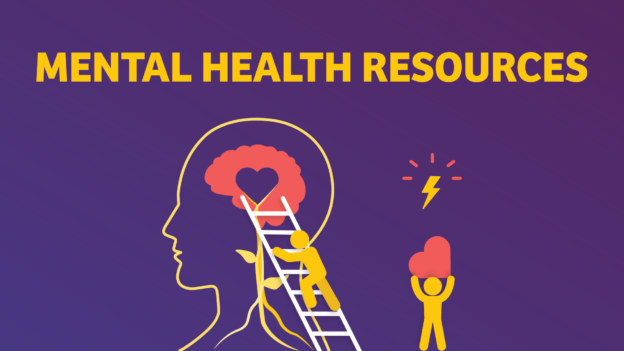Immediate Resources for Mental Health
A Guide to Finding Support
Let’s explore some immediate resources for mental health that can help during difficult times, for you or your loved one! Mental health is a vital aspect of our overall well-being, and just like physical health, it requires attention and care. Fortunately, there is a growing recognition of the importance of mental health, and an increasing number of resources are available to provide support to individuals experiencing mental health and substance use challenges.
Crisis Hotlines:
- When you’re in crisis and need immediate support, crisis hotlines can be a lifeline.
- These services are typically available 24/7 and staffed by trained professionals who are ready to listen, provide guidance, and offer resources.
- In many countries, national helplines such as the National Suicide Prevention Lifeline (USA), Samaritans (UK), Lifeline (Australia), and others are accessible to those in need.
- It’s important to have these hotline numbers readily available, whether on your phone or in your local community resources directory.
Mental Health Apps:
- In recent years, there has been an emergence of mental health apps that provide convenient and accessible support.
- These apps offer a wide range of features, including guided meditation, breathing exercises, mood tracking, and access to online counseling or therapy.
- Examples of popular mental health apps include Headspace, Calm, Talkspace, BetterHelp, and Woebot.
- These apps can be particularly helpful during moments of stress or when professional help may not be readily available.
Online Support Communities:
- The internet has provided a platform for individuals to connect with others who may be experiencing similar mental health challenges.
- Online support communities, such as forums, subreddits, and social media groups, can offer a sense of belonging and understanding.
- They allow individuals to share their experiences, seek advice, and provide support to one another.
- However, it’s important to exercise caution and verify the credibility of the information shared in these communities, as they are not a substitute for professional help.
Therapy and Counseling Services:
- For ongoing mental health support, therapy and counseling services play a crucial role.
- Seeking therapy can provide a safe and confidential space to explore your emotions, gain insights, and develop coping strategies.
- Traditional in-person therapy is available through private practitioners, community mental health centers, or university counseling services.
- Additionally, online platforms like BetterHelp, Talkspace, and 7 Cups offer remote therapy options, making mental health support more accessible and convenient.
Support from Friends and Family:
- Don’t underestimate the power of a support network.
- Reach out to friends and family members you trust and let them know what you’re going through.
- Often, loved ones can provide a listening ear, understanding, and practical support.
- Sharing your feelings and experiences with someone who cares can alleviate feelings of isolation and provide a sense of relief.
- While they may not be mental health professionals, they can offer comfort and be there for you during difficult times.
Local Mental Health Organizations:
- Many communities have local mental health organizations or nonprofits that offer resources and support.
- These organizations may provide free or low-cost counseling services, support groups, workshops, and educational materials.
- They can also assist in connecting you with other community resources, such as housing support, employment assistance, and financial aid.
- Search online or consult your local directory to find mental health organizations in your area.
Don’t Hesitate to Ask for Help
Taking care of your mental health and recovery is of utmost importance, and there are immediate resources for mental health and substance use available to provide support when you need it most. Whether you reach out to crisis hotlines, use mental health apps, join online communities, seek therapy, lean on your support network, or connect with local mental health organizations, remember that help is just a phone call, message, or click away. Prioritize your well-being, don’t hesitate to seek assistance, and remember that you are not alone on your mental health and recovery journey. Call 800.556.2966 to reach Centered Recovery Programs to learn more about our program and to see if it is the right fit for you!
Written by Jennifer Lopes, BS Psy






